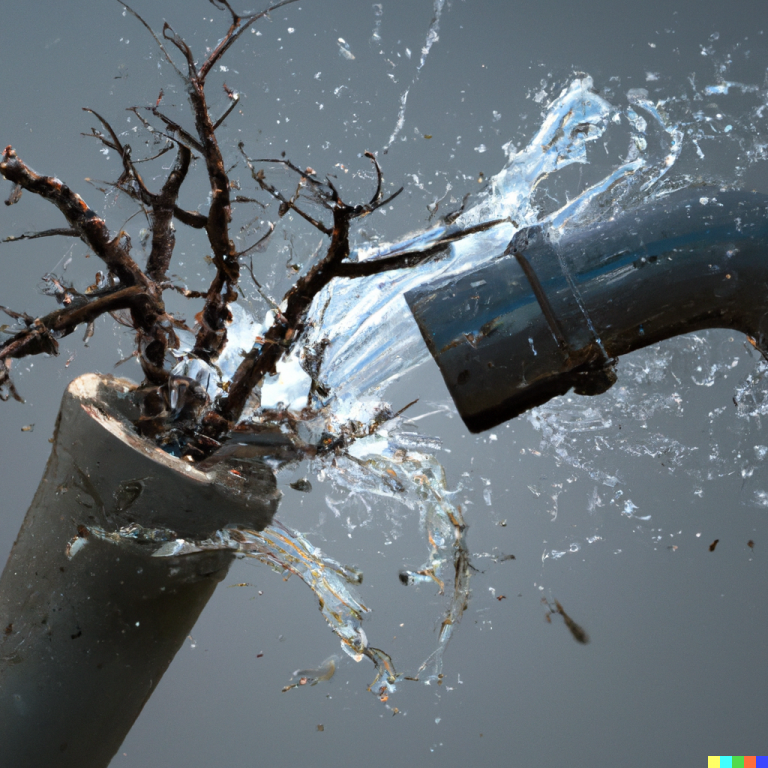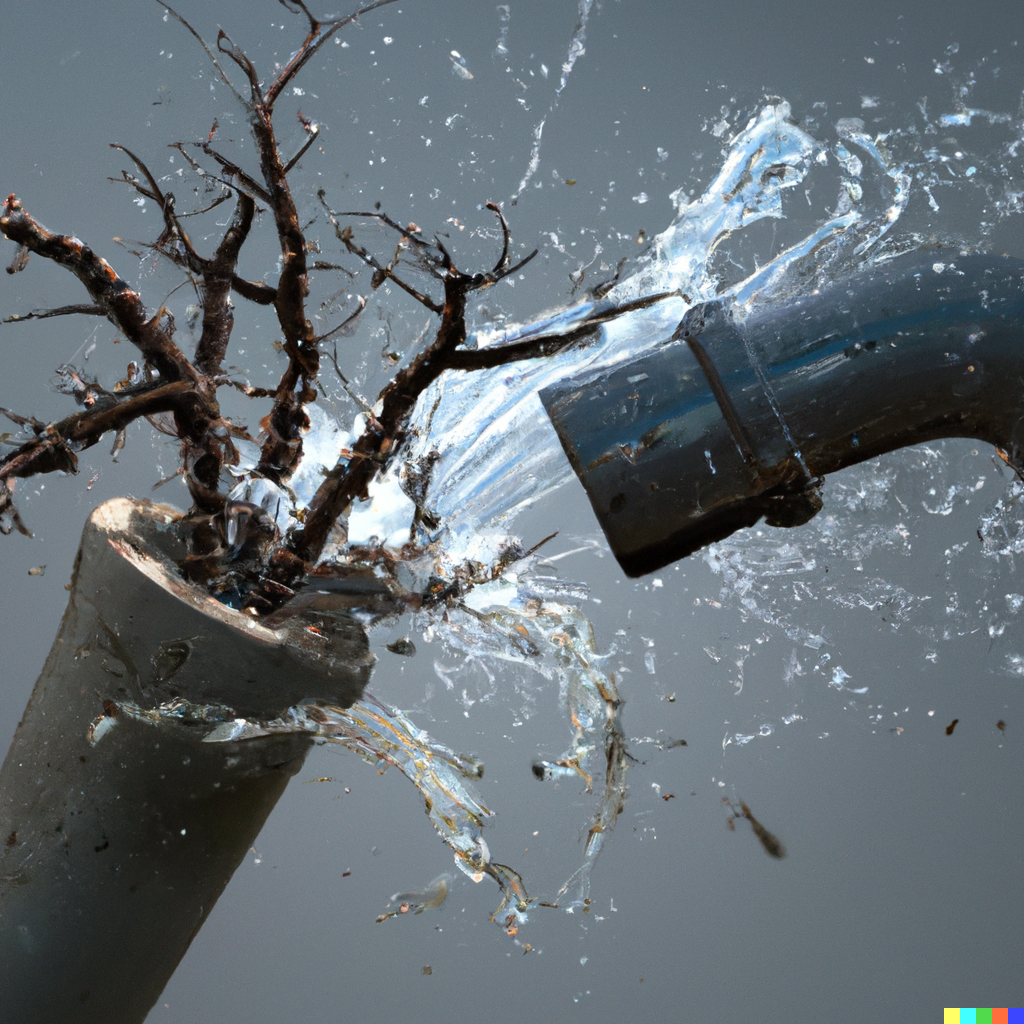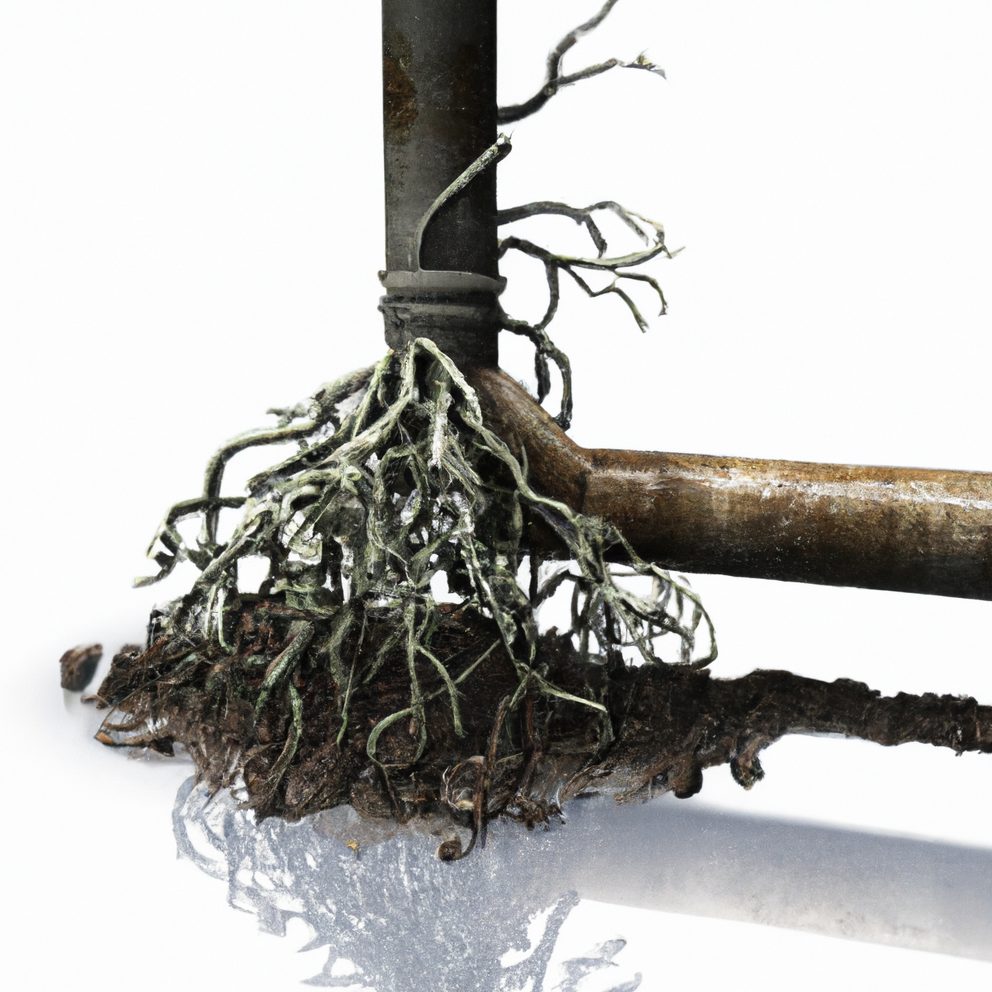
Sewer Pipe Exfiltration: Causes, Effects, and Effective Solutions
Sewer systems play a vital role in maintaining public health and preserving the environment by safely transporting wastewater away from homes, businesses, and industrial facilities. However, sewer pipe exfiltration, the process through which wastewater leaks out of the system, poses significant challenges. Exfiltration not only leads to the loss of valuable resources but also poses health risks and environmental concerns. In this article, we will explore the causes and effects of sewer pipe exfiltration and discuss various effective solutions to address this problem. Understanding Sewer Pipe Exfiltration Definition and Causes Sewer pipe exfiltration refers to the leakage of wastewater from the sewer system into the surrounding soil or groundwater. Several factors contribute to this problem, including:a. Aging Infrastructure: Many sewer systems worldwide are outdated and prone to deterioration over time. Aging pipes, joints, and seals can develop cracks and fractures, providing pathways for exfiltration. b. Poor Construction: Inadequate installation techniques, such as improper joint sealing or inadequate compaction of backfill material, can create gaps and spaces that allow wastewater to escape. c. Ground Movement: Settlement, subsidence, and seismic activities can cause the ground to shift, leading to misaligned or cracked pipes and subsequent exfiltration. d. Tree Root Intrusion: Tree roots

